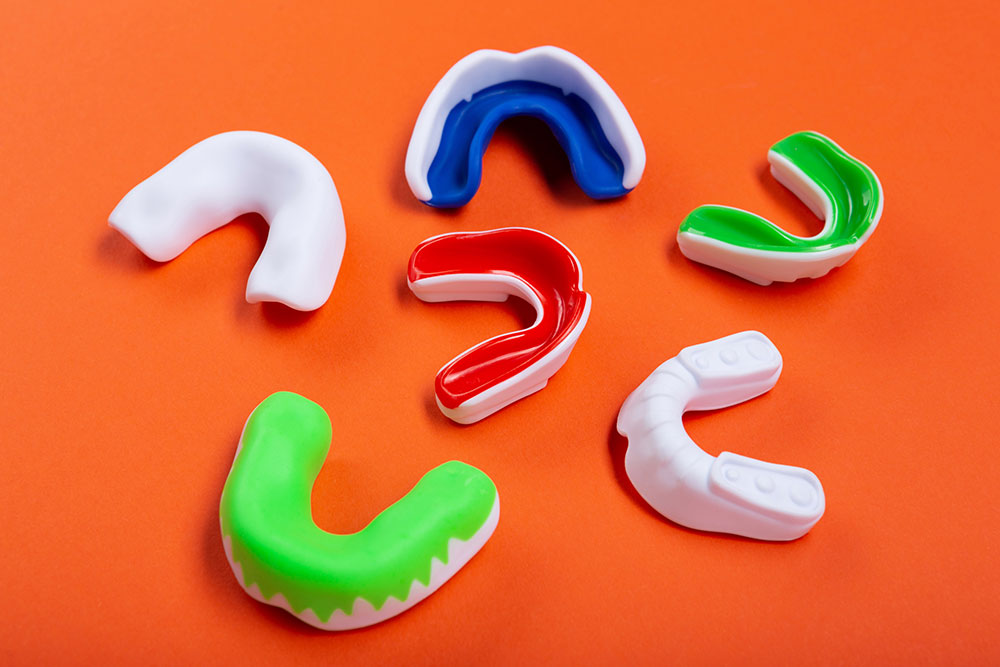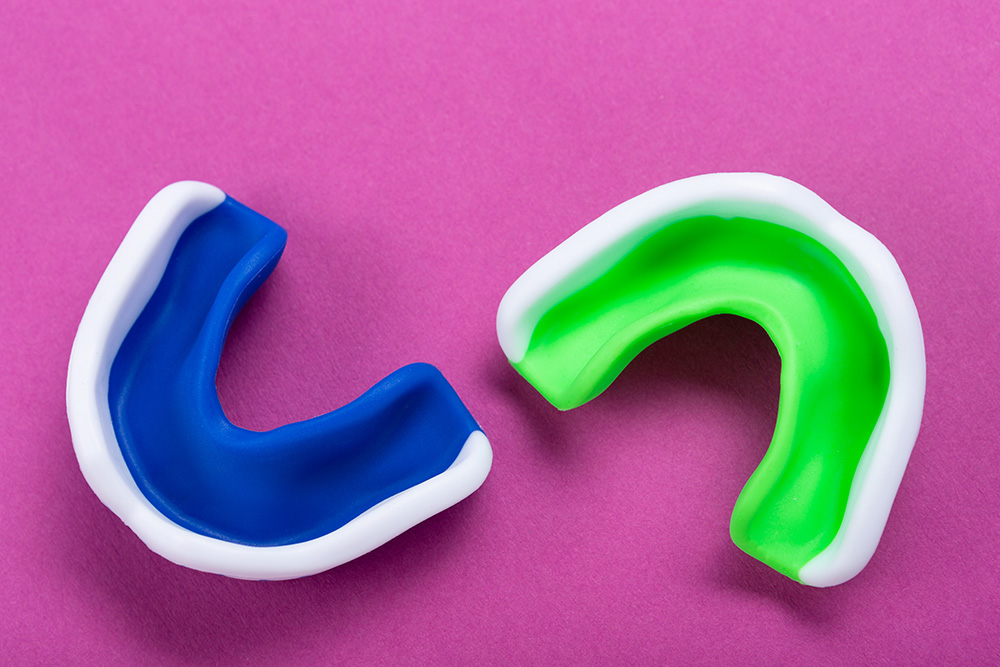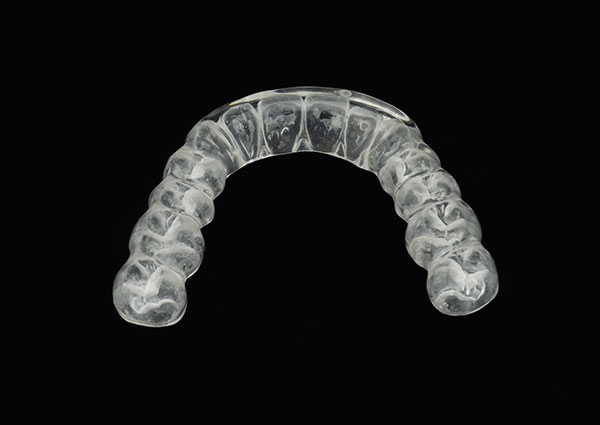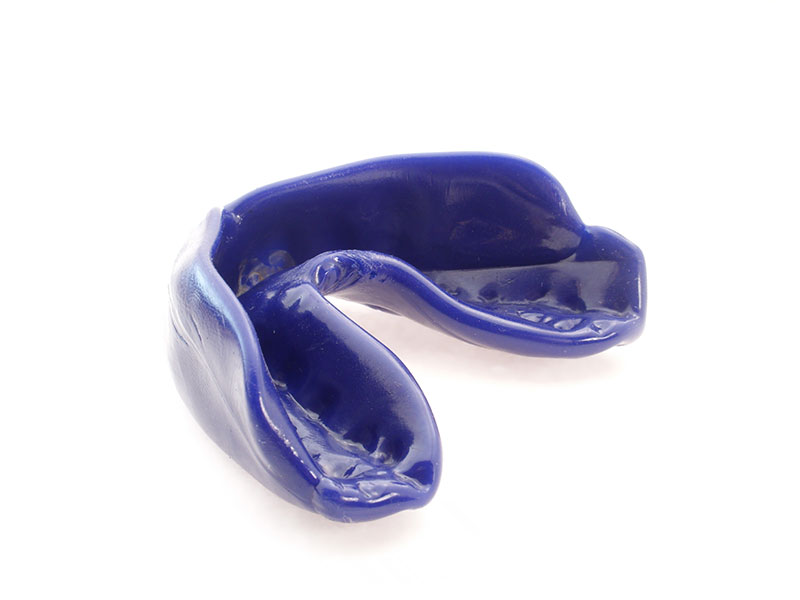
Why Are Sports Guards Necessary?
If you play or have ever played a contact sport, you have probably worn a sports guard. Sports guards are recommended for any sport where there is a risk of contact between people or inanimate objects such as sticks, balls or pucks. Sports guards are recommended for sports such as soccer, hockey, basketball, football and lacrosse.
Common Oral Injuries from Sports
- Tooth chips and fractures (when a break happens on the crown of a tooth)
- Root fractures (when a break occurs on the root of a tooth)
- Tooth avulsion (when a tooth gets knocked out)
- Tooth intrusion (when a tooth gets pushing further into the jaw bone)
- Tooth luxation (when a tooth moves from its original position and gets pushed back or forward in the jaw)
How Do Sports Guards Work?
Sports guards work by absorbing a blow and dispersing it throughout the guard. The guard also acts as a cushion between upper and lower teeth to prevent traumatic tooth-on tooth injury. Sports guards prevent irreversible damage to the teeth and soft tissues of the mouth.
Types of Sports Guards
Boil and Bite – This type of sports guard is inexpensive but doesn’t offer the best protection because it is not designed specifically for your mouth. A boil and bite sports guard can be purchased at a store and requires the material to be heated up and then bit into to form a mould of your jaw. The sports guard won’t have the ideal fit, but it is better than not wearing a guard. Boil and bite sports guards are recommended for children whose mouths are growing and changing.
Professionally Made – The ideal sports guard is professionally made. A dental impression will be taken of your upper and lower teeth, and the sports guard will be fabricated based on the impressions. The sports guard will be fitted and adjusted to give the best fit.
Caring for Your Sports Guard
- Store your sports guard in a case when not using it
- Clean your sports guard after each use with warm water and a separate toothbrush
- Never used hot water on your sports guard as it could warp the material.
- If your sports guard is loose and you can pop it out with your tongue, it no longer fits properly and won’t offer the best protection, and a new guard should be made.
If you are interested in having a sports guard made or have any questions about them, we encourage you to contact us today to schedule an appointment.





